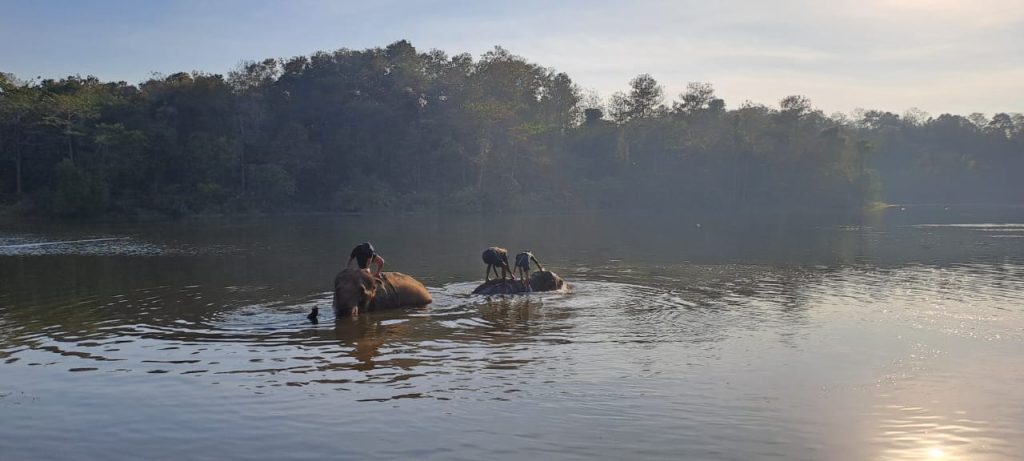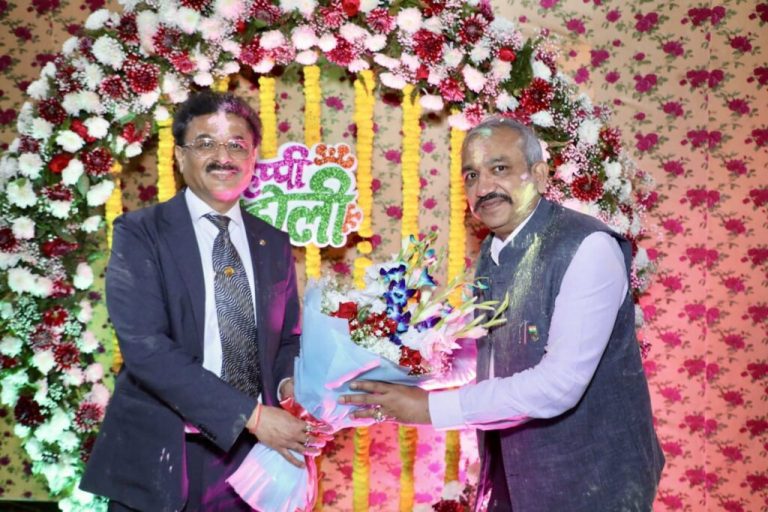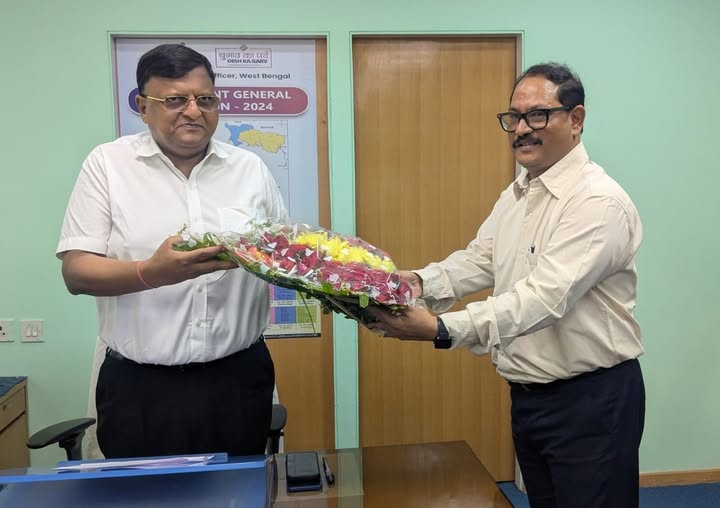Tamil Nadu is a pioneer in the rehabilitation and maintenance of captive elephants. The camps at Theppakadu in Mudumalai Tiger Reserve and Kozhikamuthy at the Anamalai Tiger Reserve are some of the oldest elephant camps in the country. There are 63 elephants being looked after by 37 mahouts and 28 cavadies at these camps.
The elephants in the camps were managed by both regular and temporary Department workers. Experienced, retired mahouts train the younger ones. They were, however, never introduced to other elephant camps or training facilities that used better practices and modern scientific methodologies. The Tamil Nadu Forest Department resolved to rectify this by sending 13 mahouts/cavadis from the Annamalai and Muddumalai Tiger Reserves to Thailand for training and capacity building at the Thai Elephant Conservation Centre to learn how to administer camps and care for elephants in Tamil Nadu effectively.
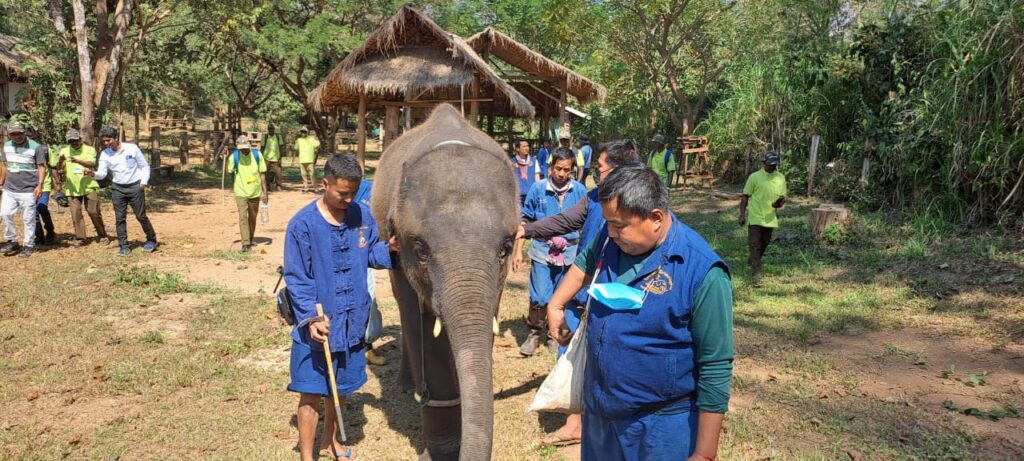
THAI TRAINING
The elephant mahouts/cavadies successfully completed their training in Thailand under the supervision of the Additional Chief Secretary, Department of Environment, Climate Change, and Forests, IAS officer Supriya Sahu, where they underwent training, capacity building, and learning about the best practices for better management and maintenance of camp elephants.
“During the six-day session, they exchanged information on caring for elderly elephants, making food, the importance of nutrition, evaluating health parameters with veterinary professionals, and so on. Captive elephant scientific management is a critical intervention for elephant conservation,” IFS officer S Ramasubramaniam, Field Director, ATR, shared in an exclusive conversation with Indian Masterminds.
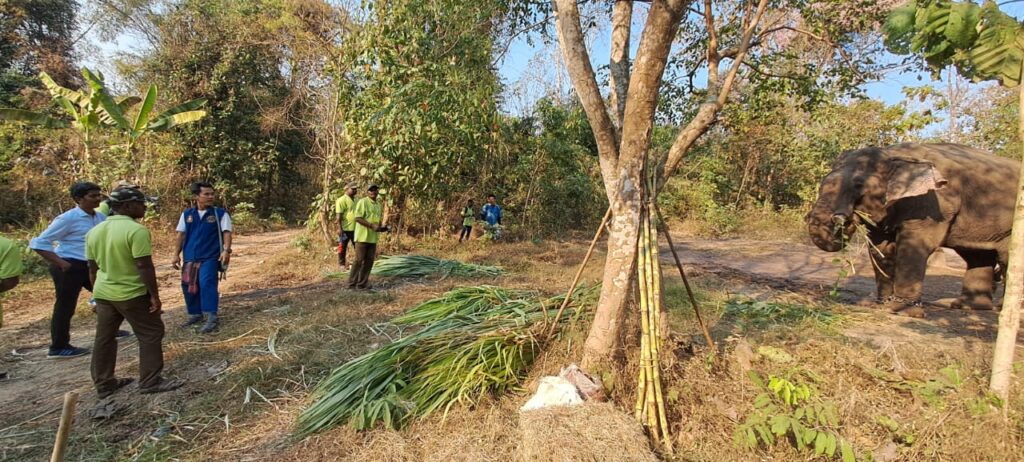
CAPTIVE ELEPHANT MANAGEMENT
Once there, the mahouts noticed numerous discrepancies in how captive elephants were managed and handled in both countries. Throughout their six-day visit, the trainees learned a lot and, in turn, taught them something essential.
One of the Muddumalai trainees recounted his personal experience with the officer and discussed the many procedures that they decided to adopt from the Thais, who keep baby elephants with their mothers during training, as opposed to here, where the calf is removed. “That’s a good habit we can implement,” he remarked.
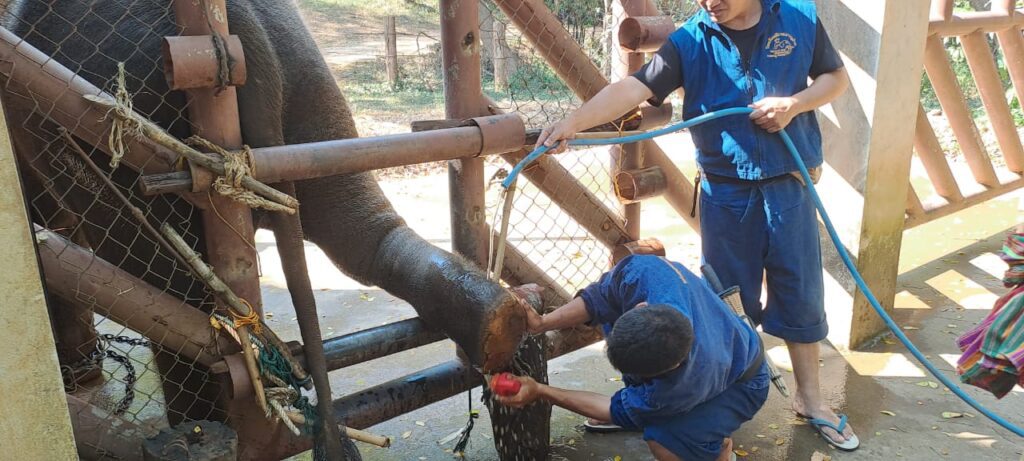
Similarly, the feeding pattern and elephant husbandry in Thailand differed slightly. The elephants are chained to a small concrete stand with a rotating mechanism on top, which keeps the chains from breaking when the elephant walks about. “Normally, we tie them to a tree here, and the iron chains get tangled,” he explained.
The Thai elephant centre has a separate hospital for elephants and good medical facilities where they monitor elephant hormone levels every two weeks and allow the animals to reproduce based on the results.
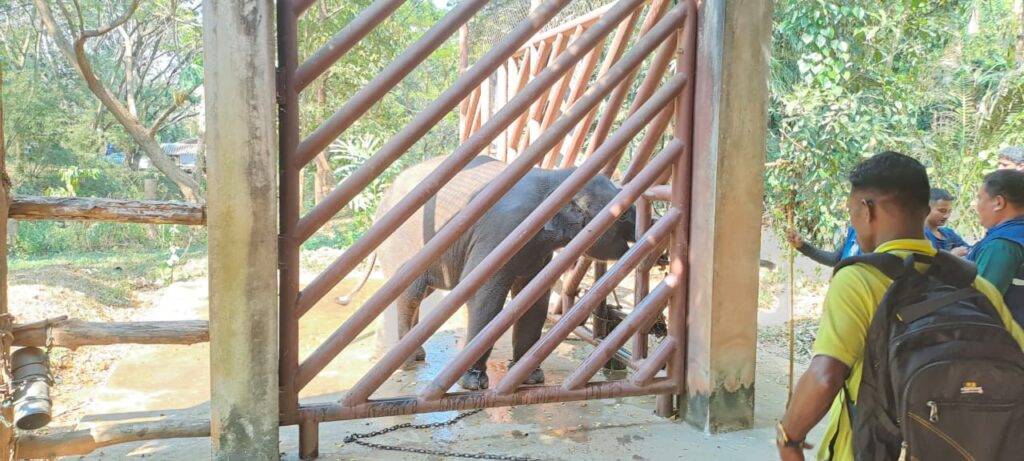
SPREADING THEIR BELIEF
Because Tamilians revere elephants and pray to them for serenity, mental strength, and might, they never wear footwear while riding or sitting atop one, in contrast to Thais, who wore slippers while mounting the jumbos.
“The mahouts found it really odd to see them mounting the animals wearing slippers. They spread their belief and asked them not to wear slippers as here, we worship elephants as Gods, to which the Thais agreed,” stated the officer.
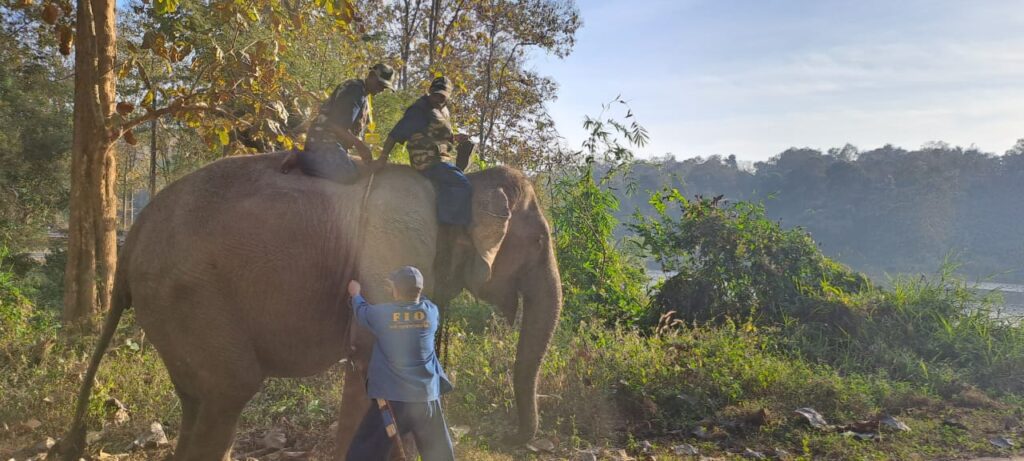
FUNDING
The entire cost of the project was roughly 24 lakh rupees, which included the flight tickets of the trainers and assistants. The initiative was funded by the TN Forest Department’s tiger foundation grants.
“More than anything else, it was an opportunity for them to get exposure from other places, where similar practices are being practised,” Mr Ramasubramaniam told Indian Masterminds.
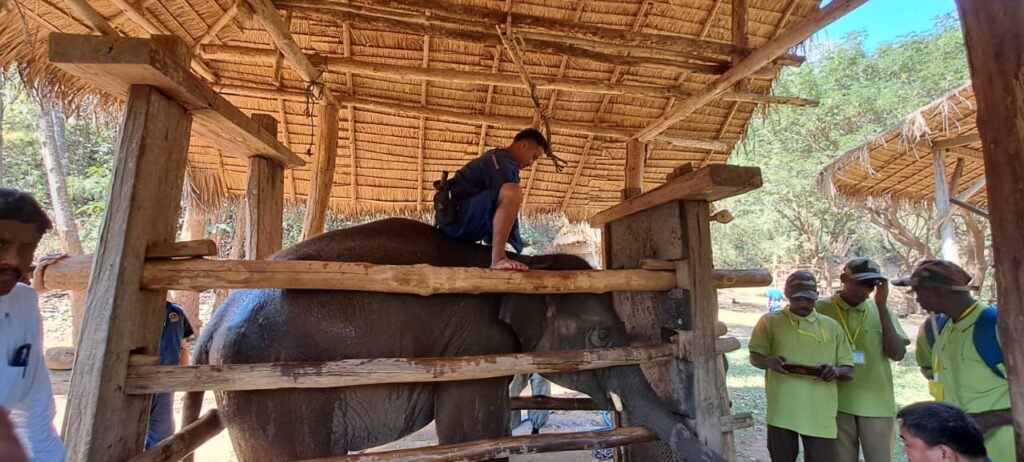
While the traditional knowledge of Tamil mahouts is unparalleled, there is also a need to keep up with the evolving conservation science and good practices from around the world, said Supriya Sahu, Additional Chief Secretary, Department of Environment, Climate Change and Forests.
According to her, the state’s Chief Minister has announced the establishment of three rescue and rehabilitation centres, one of which will be located in Coimbatore between MTR and ATR.

